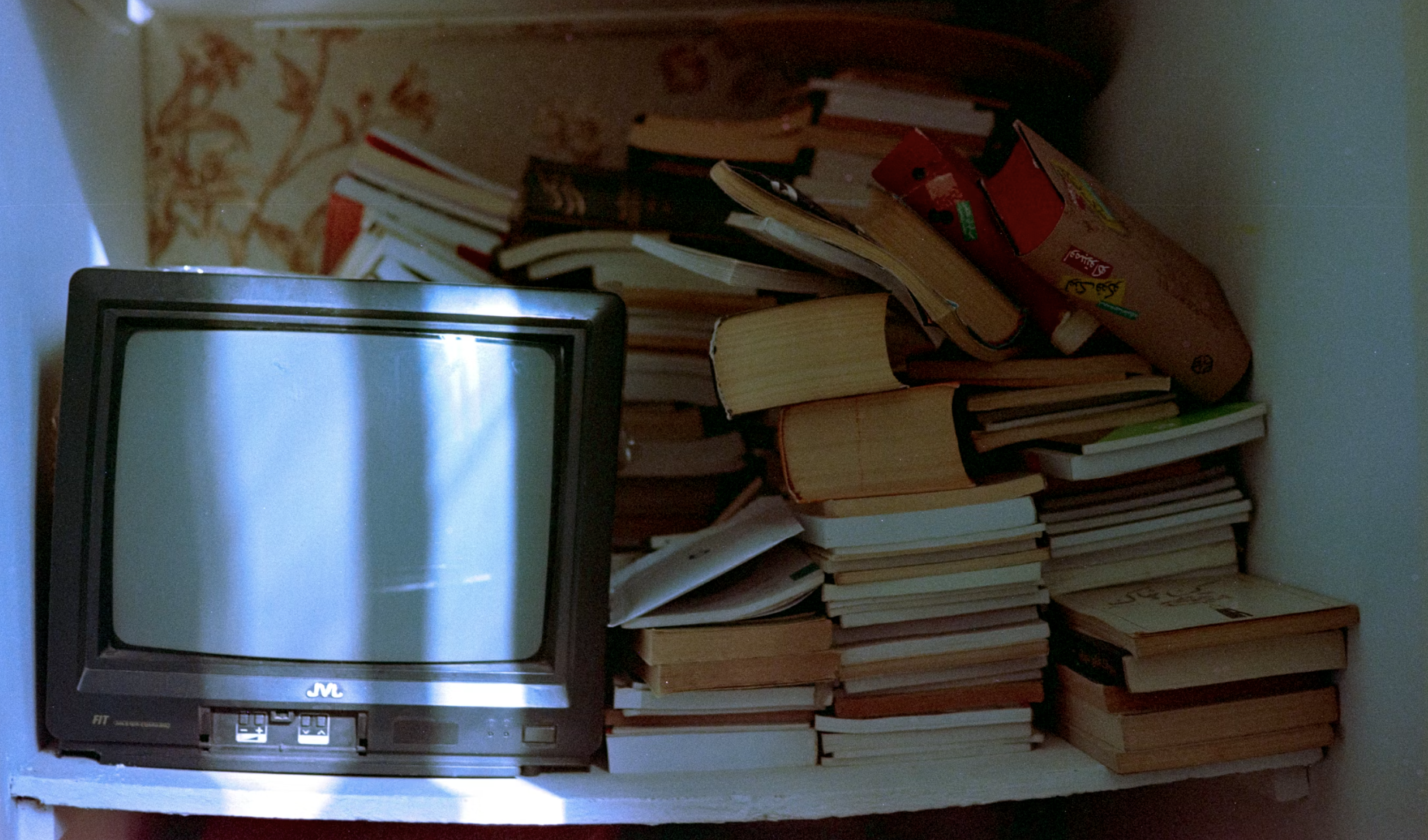7 Pro Tips for Gardening on a Budget

Join the community





Gardening need not be a costly pursuit. With a touch of ingenuity and resourcefulness, you can procure supplies without breaking the bank. Here's a guide to obtaining gardening essentials for little to no cost. The last tip might surprise you.
1. Participate in your local Buy Nothing group
You can join your local Buy Nothing group on Facebook and engage in a community-sharing initiative. Members offer items they no longer need, including gardening supplies. In spring, members often have a surplus of supplies and plants. You can request specific items like seed packets or tools, and you might connect with people who have extra supplies. Make sure to offer items you no longer need to maintain a reciprocal spirit in the community.
2. Connect with tree service companies
Tree service companies and arborists produce a lot of wood chips from tree and branch removals. You can use these wood chips as mulch in your garden or to create a low-maintenance yard. You might get mulch for free if you have connections with these companies.
3. Use local public libraries
Your local public library can be a valuable source of free seeds. They frequently host gardening events and presentations where they might offer free seeds or gardening supplies. Some libraries actively support their communities by providing free seeds to help residents combat food insecurity. Check the library's calendar for these events and initiatives.
4. Ask friends and neighbors
Ask your friends and neighbors before you buy gardening supplies. They might have plants and can give you cuttings, or they could have unused tools and supplies like soil, mulch, or seeds. You can use cuttings to grow many tomatoes, spider plants, and azaleas. Be ready to give back, especially during harvest season.
5. Reach out to your local city or county government
Local governments often offer free gardening supplies like seeds, mulch, or compost. Some counties also give out compost or mulch from tree trimming, but you'll need to arrange transportation. Check your local government's website for information, and consider starting your compost pile.
6. Join local gardening groups
Join local gardening groups, which you can find in person and on platforms like Facebook. These groups can be helpful, especially for beginners, as they often have experienced gardeners as members. Members often have extra gardening supplies or plant cuttings that they're willing to donate to newcomers. They often share tools, soil, mulch, or plant clippings they no longer need.
7. Collect spent coffee grounds from Starbucks
Starbucks offers free coffee grounds that you can use as an effective fertilizer in your garden. You can also ask your local coffee shop! Coffee grounds contain essential minerals like nitrogen, iron, calcium, and magnesium, which encourage healthy plant growth. These grounds can also increase worm activity in your garden and help remove heavy metals from the soil.








.png)


